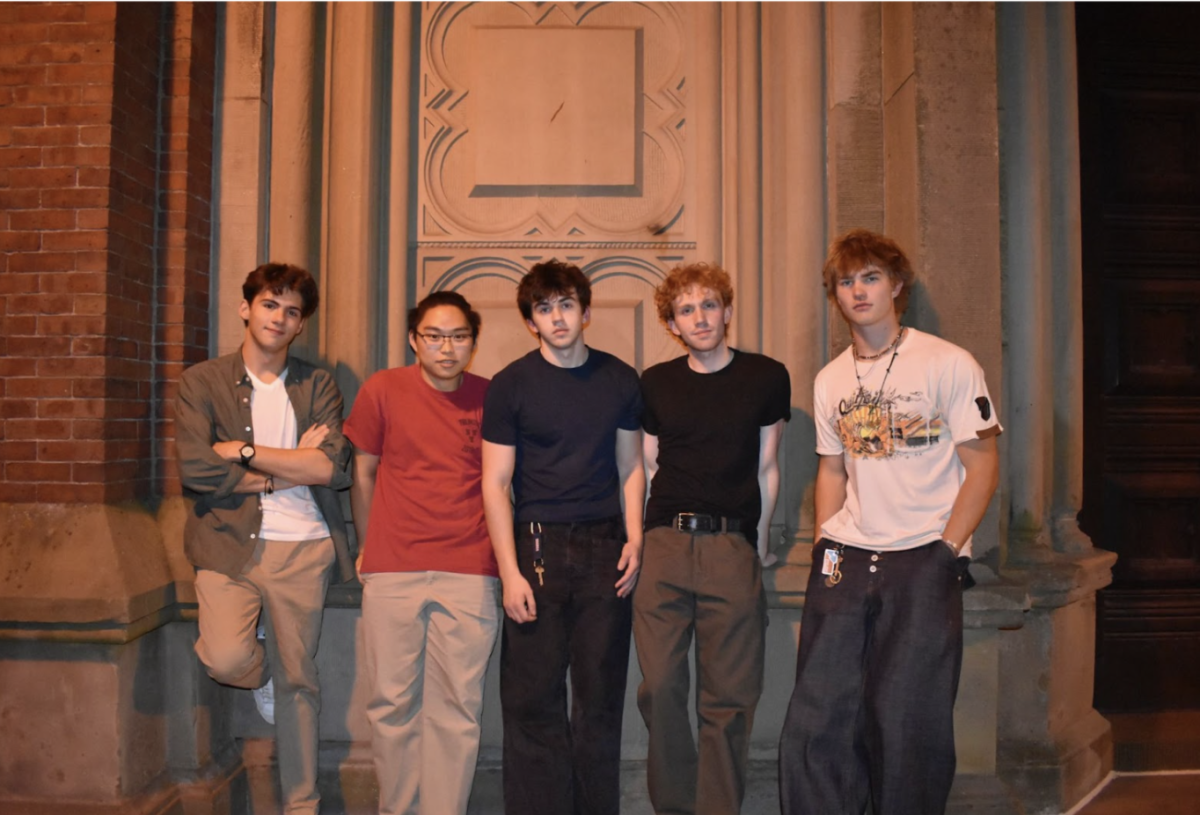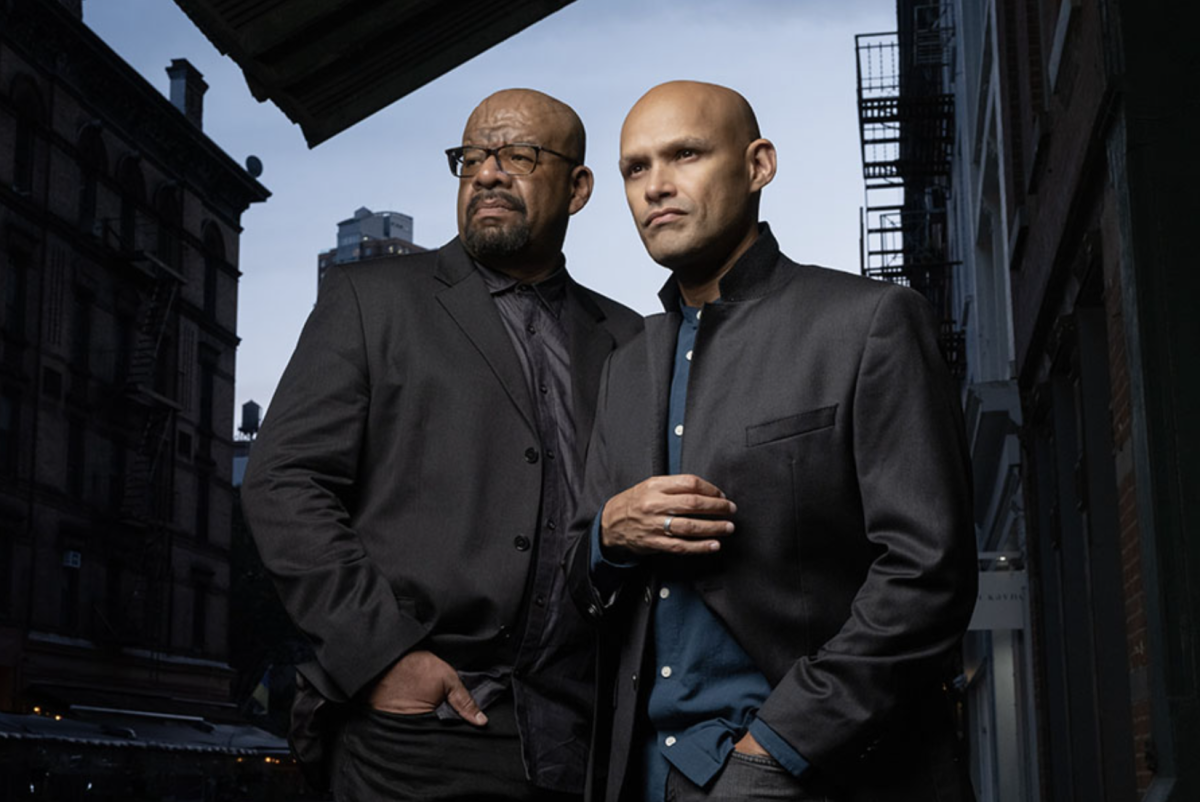The Romantic Comedy (or rom-com) has been the subject of both ridicule and adoration since its inception. It has been a symbol of womanhood for every wave of feminists to debate and has reflected changes in the economy and social mores. Although culturally the rom-com has become a catch-all term for everything from “A Walk to Remember” to “Clueless,” the general consensus among film scholars and puff-piece writers is that the rom-com is a funny movie centered on the development of a romantic relationship ending in the unification of the central couple.
The first Hollywood rom-coms were those of the 1930s and 40s which introduced staples like misunderstandings, battle of the sexes and casting the same recurring actors. The golden era of the genre came in the 80s and 90s, heralded by Wellesley alum Nora Ephron ’62. The great box office success of these films encouraged Hollywood to reuse their formulas and plots. By the time of the early aughts, the genre had been stripped to its core and was teetering on the precipice of death.
Women have been and continue to be the most influential consumer demographic. The research of Professor Min Joo Lee, a visiting lecturer in the women and gender studies department, demonstrates that there is an international market for romantic media, but we seem to be moving in almost the opposite direction. There has been a notable lack of romantic comedies hitting the big screen in the past few years. Tom Joudry of the Boston Globe proposes that it is growing economic inequality that makes the rom-com less viable in today’s market. Many rom-coms are based on inter-class relationships ending with economic mobility for one-half of the couple. In this era of a staggering wealth gap, it is far less statistically likely for people to have relationships outside of their own social and economic class. Although this may be part of the general disinterest in the genre, it’s not the whole story.
Feminists have grappled with the rom-com for decades now. Many make the argument that the core tenet of the rom-com – ending happily in a relationship – sends a negative message to viewers that that’s the only way to be happy. Others critique the encouragement of stalking behavior in men (although “Sleepless in Seattle” makes the case that the genre is an equal opportunity offender).
Professor Lee believes that it would be incorrect to label the genre as purely positive or purely negative in regard to its effect on women. Doing so would assume that the audience is a “monolith as opposed to seeing them with different cultural backgrounds and life experiences which influence how they decide to carry out their desires that are based on the media,” said Professor Lee. However, the patriarchy that is supposedly benefiting from this genre does not seem to want anything to do with it. Rom-coms are degraded as chick-flicks and their dependable happy endings are seen as proof of their unworthiness.
The strongest argument against the rom-com is the staggering lack of diversity. Teen flicks have brought a little more representation to an adjacent genre but the rom-com itself remains largely monolithic. It seems that Hollywood is far too eager to move on from the rom-com before it has had the chance to include more diverse sets of people and relationships.
As streaming services take over the film industry, it becomes increasingly likely that the future of the romance genre lies in Netflix. Addison Rae becoming the next Meg Ryan is not a bright future for the future of romantic comedies, but it’s becoming increasingly plausible. But there’s a glimpse at another future; these services have allowed audiences all over the world to experience international films. “Netflix provides people with more diversity in terms of what they want to experience, what they fantasize about,” said Professor Lee. These global experiences add the possibility of romance for everyone.
Rom-coms have had such a lucrative run for a reason. Love is universal. We can’t say the benediction for the rom-com before it has the chance to reach its full potential. Doesn’t everyone deserve a great love story?





